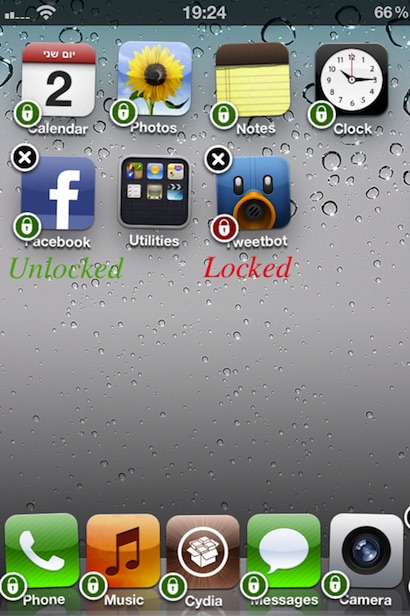

Importing and exporting policies, automatic generation of rules from multiple files, audit-only mode deployment, and Windows PowerShell cmdlets are a few of the improvements over Software Restriction Policies. This configuration permits a more uniform app deployment.ĪppLocker includes many improvements in manageability as compared to its predecessor Software Restriction Policies. When AppLocker rules are enforced in the production environment, any apps that aren't included in the allowed rules are blocked from running.ĪppLocker can help you create rules that preclude unlicensed software from running and restrict licensed software to authorized users.ĪppLocker policies can be configured to allow only supported or approved apps to run on computers within a business group. Windows PowerShell cmdlets also help you analyze this data programmatically.ĪppLocker has the ability to deny apps from running when you exclude them from the list of allowed apps. These events can be collected for further analysis.

AppLocker addresses the following app security scenarios:ĪppLocker has the ability to enforce its policy in an audit-only mode where all app access activity is registered in event logs.

Assign a rule to a security group or an individual user.You can also create rules based on the file path and hash. Define rules based on file attributes that persist across app updates, such as the publisher name (derived from the digital signature), product name, file name, and file version.AppLocker is unable to control processes running under the system account on any operating system.


 0 kommentar(er)
0 kommentar(er)
